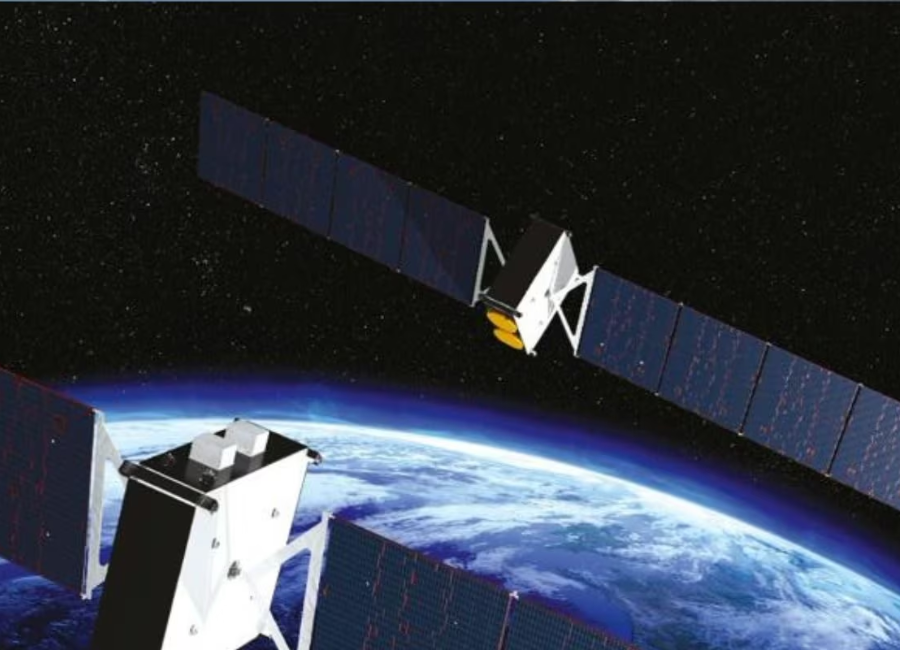Over the past year, Jio Platforms has entered into a strategic collaboration with SES, a satellite communications company based in Luxembourg. This partnership, established as a 51:49 joint venture, is aimed at delivering broadband connectivity through satellite technology. Now, under the leadership of Mukesh Ambani, Reliance Jio is on the verge of obtaining crucial approvals from the Indian National Space Promotion and Authorisation Centre (IN-SPACe) for landing rights and market access. These approvals are vital for Jio to introduce satellite-based gigabit fiber services across India.
Sources familiar with the matter have disclosed that Jio has completed all necessary submissions to IN-SPACe, the governing body for the space industry in India. The anticipated authorizations are seen as a prerequisite for deploying global satellite bandwidth capacity within the country. However, the IN-SPACe authorization process is complex, involving approvals from multiple ministries and stringent security clearances.
The collaboration with SES has propelled Jio into the competitive arena of broadband connectivity via satellites, which already includes players like Eutelsat OneWeb, Elon Musk’s Starlink, Amazon, and the Tatas. While Jio’s satellite arm has secured a GMPCS (global mobile personal communications by satellite services) license from the Department of Telecommunications (DoT), the awaited IN-SPACe authorizations are crucial for advancing their satellite-based services.

Eutelsat OneWeb, backed by Bharti, currently stands as the sole global satellite constellation operator to have received essential approvals from IN-SPACe. Both Eutelsat OneWeb and the Jio-SES alliance are vying for an early advantage in India’s growing satellite communications market, competing against formidable players like Starlink, Amazon, and the Tatas.
Jio’s president, Mathew Oommen, recently emphasized the readiness of Jio’s satellite services unit to launch JioSpaceFiber services within weeks of spectrum allocation. The new Telecommunications Act of 2023, providing legislative support for the administrative allocation of satellite spectrum, is expected to expedite the process through the Department of Telecommunications.
IN-SPACe envisions India’s space economy reaching $44 billion by 2033, projecting a substantial increase from its current 2% global share to an anticipated 8%. The enactment of the new Telecommunications Act is seen as a significant step toward supporting the growth of the space sector in the country.
Satellite-based internet operates by utilizing a constellation of small satellites orbiting the Earth to provide global coverage, particularly in remote or underserved areas where traditional internet infrastructure is limited. Key aspects of this technology include the use of Low Earth Orbit (LEO) satellites, offering high-speed internet comparable to traditional wired connections, ease of installation with small satellite dishes, and potential challenges such as latency, weather interference, and service interruptions during satellite transitions.
As Jio awaits crucial approvals, the evolving landscape of satellite-based internet services in India is poised for dynamic growth, with potential legislative support and increasing competition among industry players. The strategic partnerships and advancements in technology signal a transformative phase in the nation’s connectivity landscape, offering new possibilities for internet access in diverse geographical locations.









